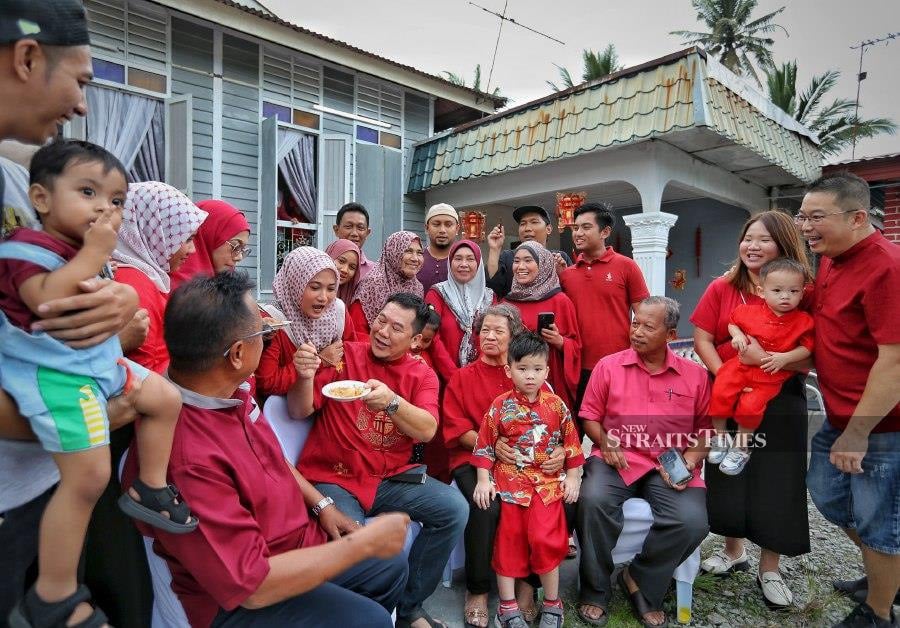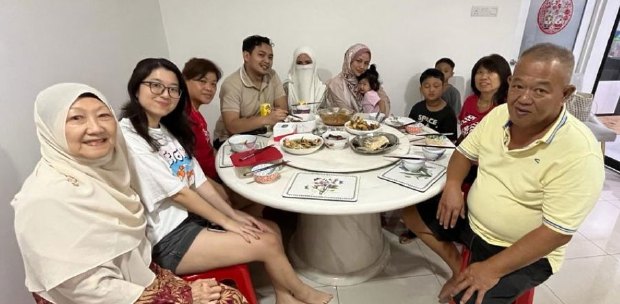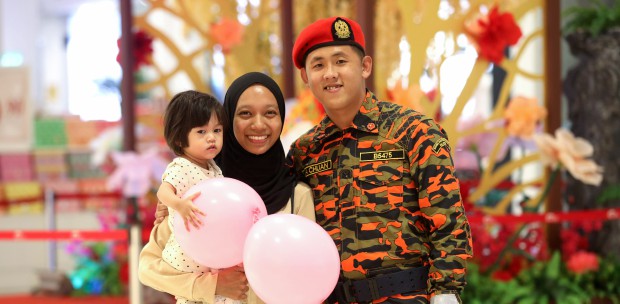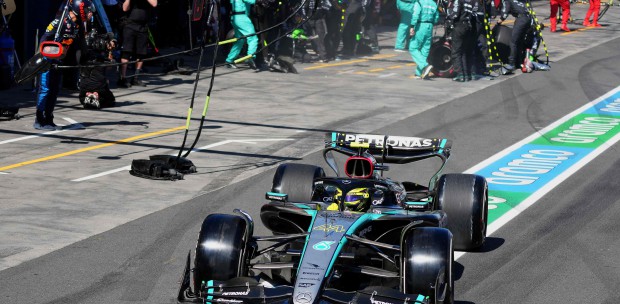NILAI: Being a Muslim convert has not stopped Muhammad Shafiq Lee Abdullah, 49, from celebrating the Chinese New Year with his family, especially his mother over the past 20 years.
For Shafiq, who first embraced Islam in his late 20s, celebrating with his family manifests the glory of Islam that emphasises prioritising and respecting parents.
Shafiq, who is Chinese, converted to Islam in 2003 when he married a Malay woman in 2017. He said there are still misconceptions among the Chinese that when one converts to Islam, they would "become Malay".
"Every year I return to my village in Kuching, Sarawak to celebrate the Chinese New Year with my family. I take part in the ceremonies as long as they do not contradict Sharia law.
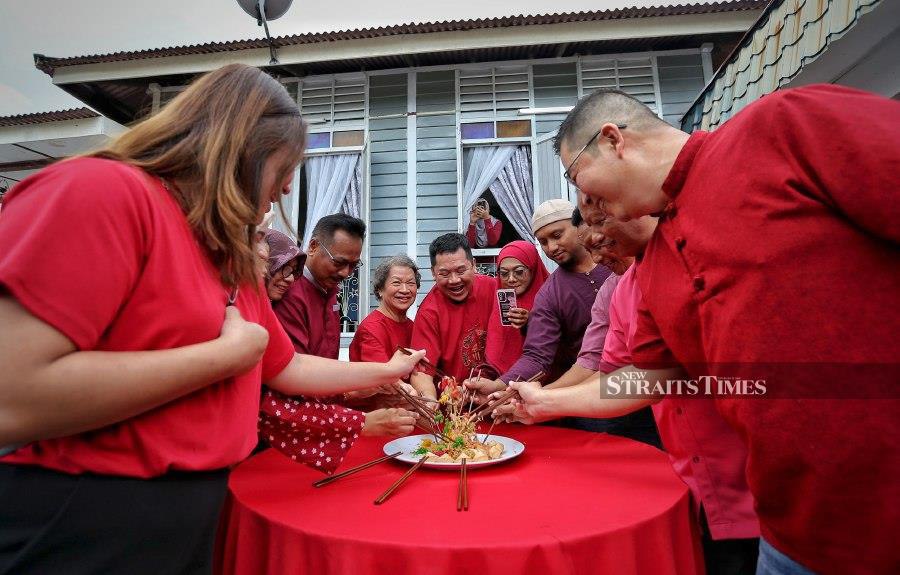
"What is important is that I can show my mother (Bong Kit Moi, 75) that Islam does not sever our family ties. It sets a good example for family members and friends," he said when met.
Shafiq, who is also the Negeri Sembilan Malaysian Chinese Muslim Association (MACMA) president, said that besides getting closer to his family, he also has the opportunity to explain Islam more closely and to preach its teachings.
"If I go back to Sarawak to celebrate (the Chinese New Year), my wife (Rosazlinda Omar, 47) will cook in her own kitchen because there are two kitchens in my mother's house, one of which is reserved for halal cooking.
"If on the night of the big feast, we will pack food from outside and bring it back. However, this year is quite special when my mother flew from Kuching to celebrate the Chinese New Year here.
"We celebrated at my wife's family home in Lenggeng. This year I hosted a feast for close relatives on my wife's side along with my mother and family from Kuching," he said.
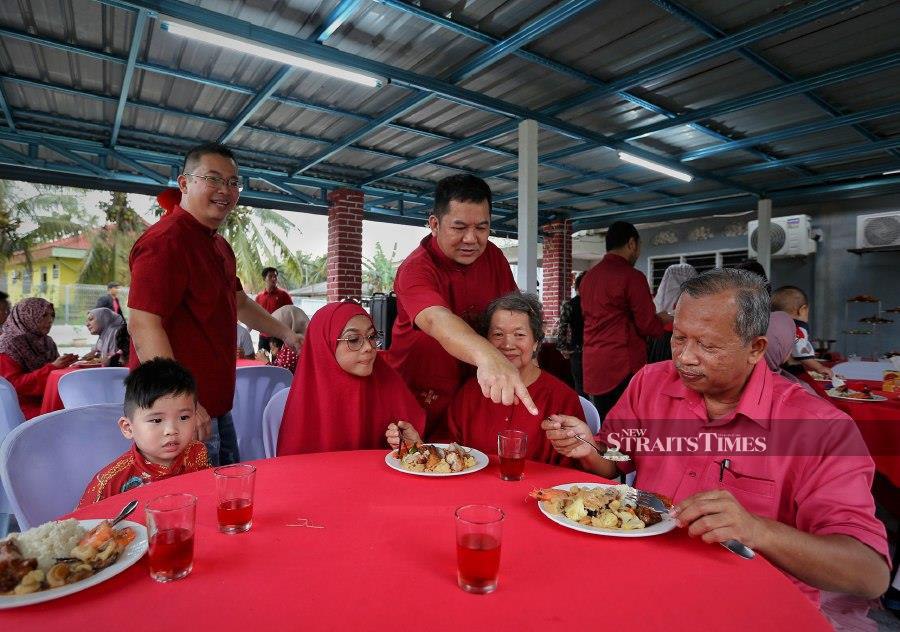
Shafiq, who runs a chicken rice restaurant, said that since embracing Islam and marrying a Malay woman, he has started to learn to greet his mother by shaking and kissing her hands and hugging her because it was quite awkward before.
"At first, my mother found it difficult to accept that practice as if she felt something was going to happen if I hugged her, but over time it brought us closer," he said.
Meanwhile, Rosazlinda said she tried to accept and learn her husband's family culture, and found her mother-in-law very helpful.
"The first time I went back to Kuching after getting married, I found there were two kitchens in my mother-in-law's house. One of them was reserved for me, complete with all the cooking utensils such as knives and pots.
"Every time I go back, especially during festive seasons, I will cook Malay food like rendang, masak lemak, and asam pedas. My mother-in-law loves it, and she even calls her friends to enjoy the meal together," she said.


